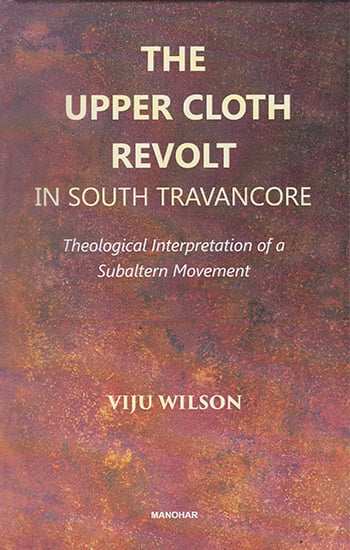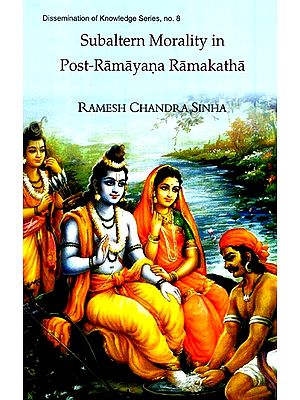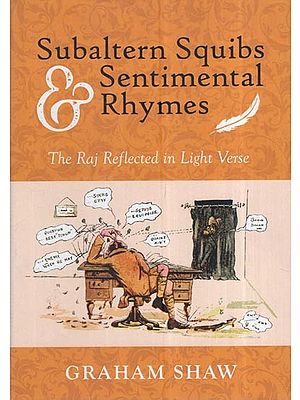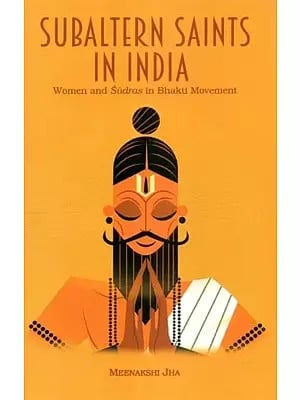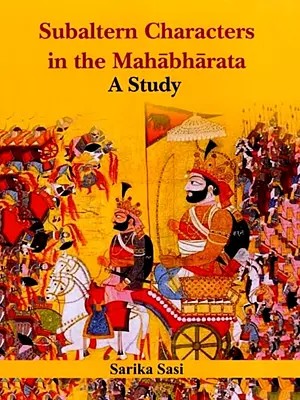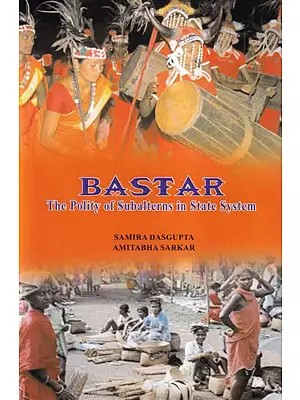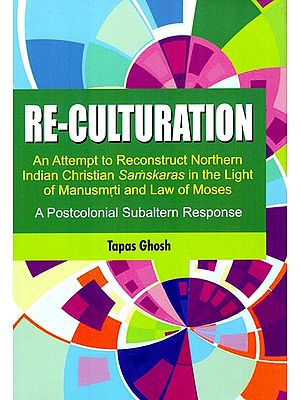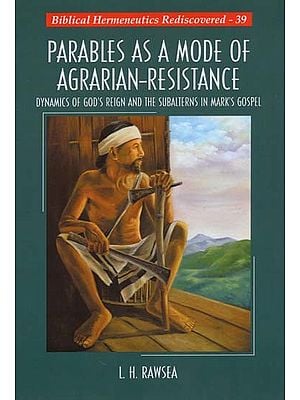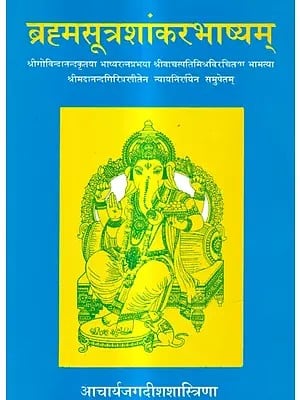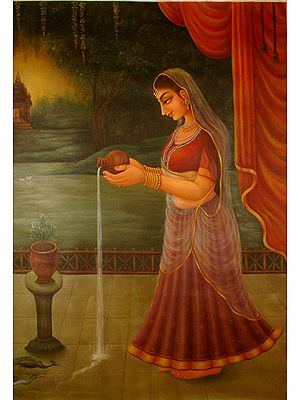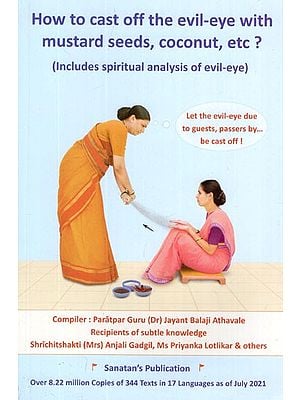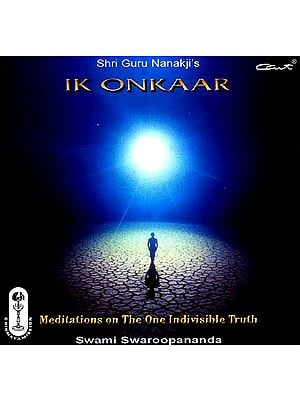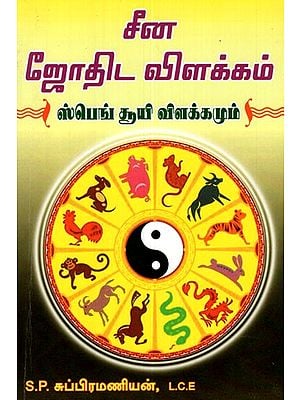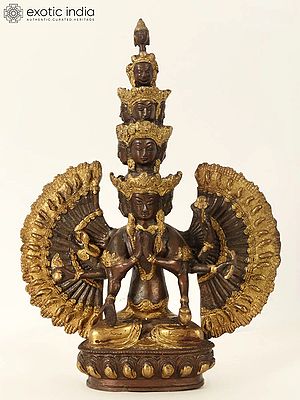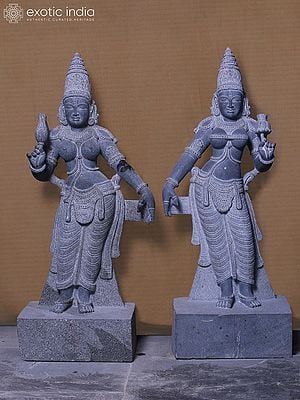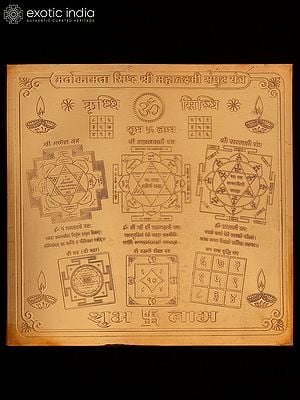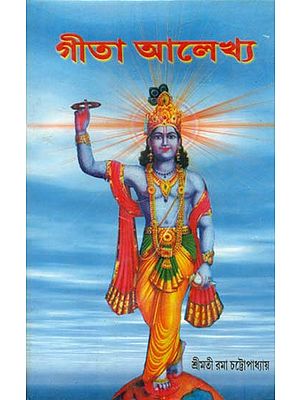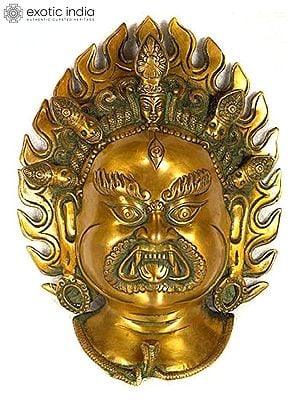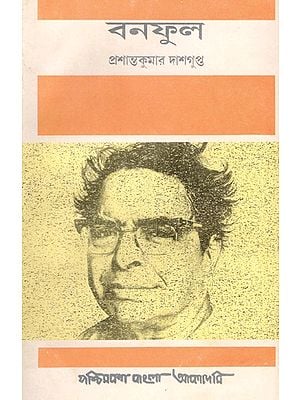The Upper Cloth Revolt in South Travancore (Theological Interpretation of a Subaltern Movement)
| Specifications |
| Publisher: Manohar Publishers And Distributors | |
| Author: Viju Wilson | |
| Language: English | |
| Pages: 284 | |
| Cover: HARDCOVER | |
| 8.80 X 5.80 inch | |
| Weight 490 gm | |
| Edition: 2021 | |
| ISBN: 9788194991236 | |
| NAZ269 |
| Delivery and Return Policies |
| Ships in 1-3 days | |
| Returns and Exchanges accepted within 7 days | |
| Free Delivery |
In nineteenth century Travancore (Kerala), the lower caste women were not allowed to cover their upper body in public. This book is a study of the Nadars who protested and their movement which came to be known as the Upper Cloth Revolt, lasted from 1822 to 1859. It stands as a model movement for the subaltern communities in India.
The exceptional stories of resistance and defiance against the dominant ruling class and castes, assertion of rights and liberative ventures opens up new horizons of hope for the communities who are still in the journey of their struggle and tells the subalterns to speak out against subjugation or they will remain powerless. In this revolt, religious faith worked as a source of liberation rather than a source of bondage. Recollecting and interpreting the subaltern history open new pathways of liberation and provide energy to claim new space in societal life.
Viju Wilson is Assistant Professor of Christian Theology at the Union Biblical Seminary, Pune. He is the author of Ecclesiology of Prophetic Participation and Theology of Solidarity and has published several articles in research journals.
The historical event, which contributed to the defining moment in the upward social mobility of a subaltern community, has to be remembered in the present for two reasons. First, it provides them confidence to challenge the forces that threaten the further advancement of their community life, and thus enlarge the space of empowerment in society. The memory of liberating historical movement primarily motivates the subalterns to initiate bold steps towards their wholistic liberation. Second, the liberating historical event of a subaltern community is a potential source of motivation for other subalterns who continue to be disempowered in different aspects of social life. The memory of such events cannot be neutral because they are the products of 'taking side' with values of justice, equality and freedom. It demands the empowered subalterns to actualize the value of solidarity with those who are disempowered in life. Every liberating movement can speak to the contemporary world if they are meaningfully interpreted in the context.
The Upper Cloth Revolt in South Travancore, a liberating movement of Nadars, in the nineteenth century, stands as a model movement for the subaltern communities in India. It contains the stories of resistance, assertion of rights and liberative ventures. It tells the subalterns that they can speak out. They remain powerless if they don't speak and act upon what they believe to be egalitarian. Of course, if the subalterns speak against subjugation, they have to endure the consequences: both physical and psychological. How-ever, they carry the seeds of resistance which may germinate new life for the future generation. The movements of resistance are the expressions of yearning for a new hope of liberated life. The liberating potential of subalterns gets visibility when the movements of resistance occur among them. The upward mobility of subalterns depends on how they respond to the life-negating forces and realities which perpetuate their backwardness. The Upper Cloth Revolt informs us that subalterns can endure the pain of resistance and achieve liberation from the forces of oppression and marginalization.
**Contents and Sample Pages**
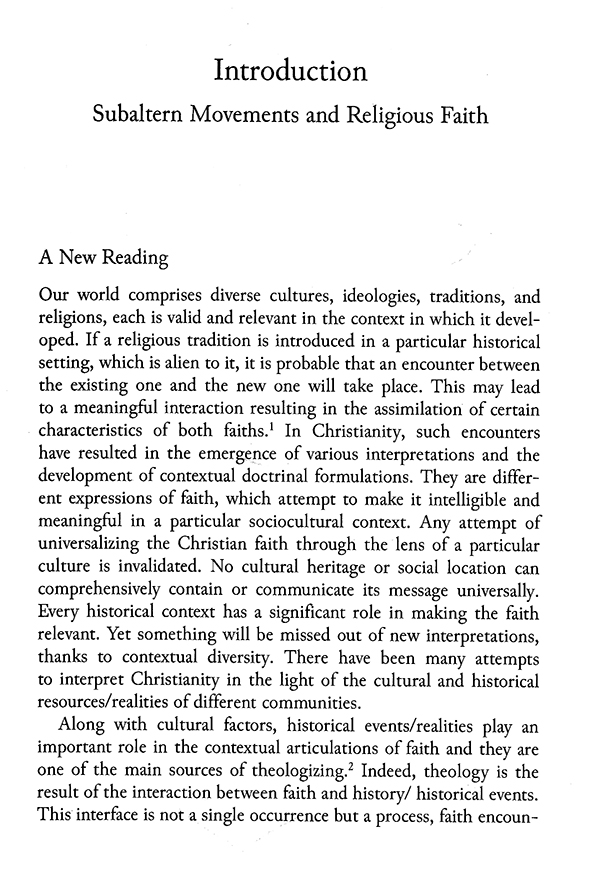
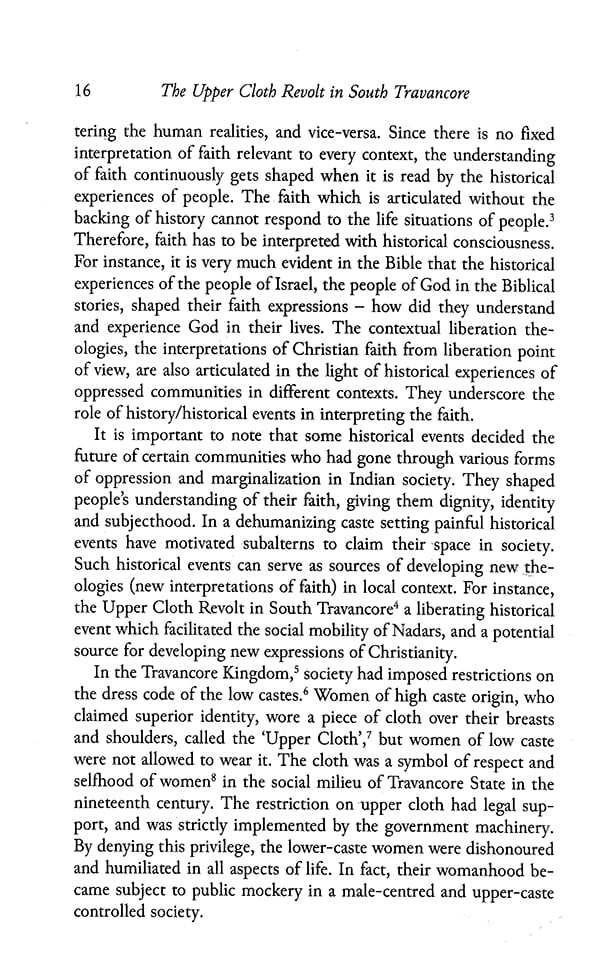
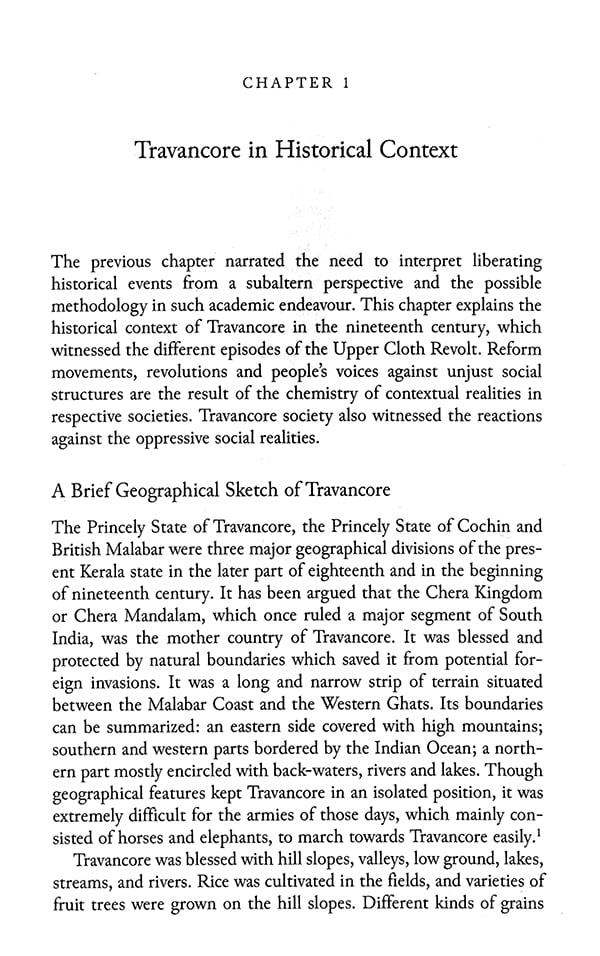
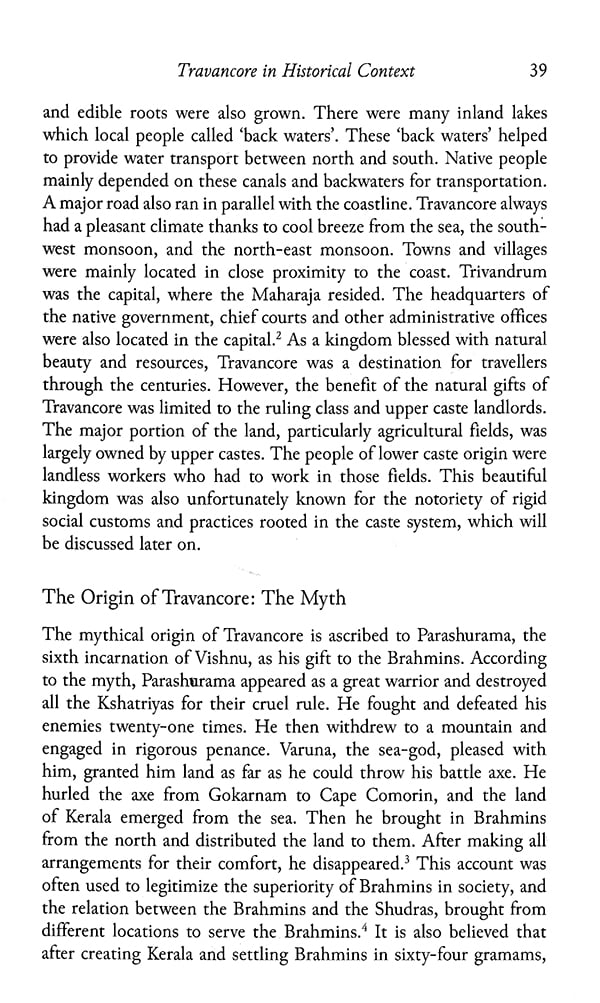
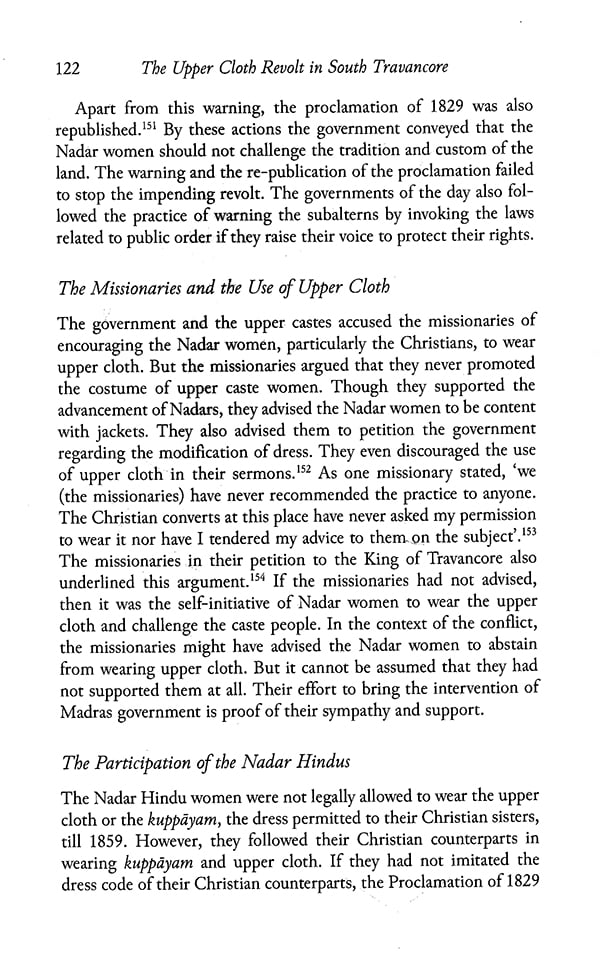
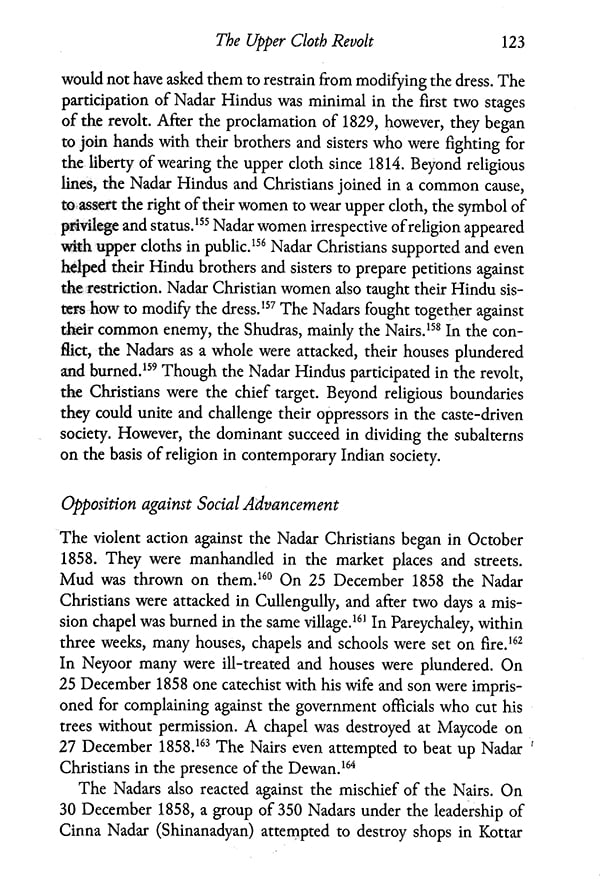
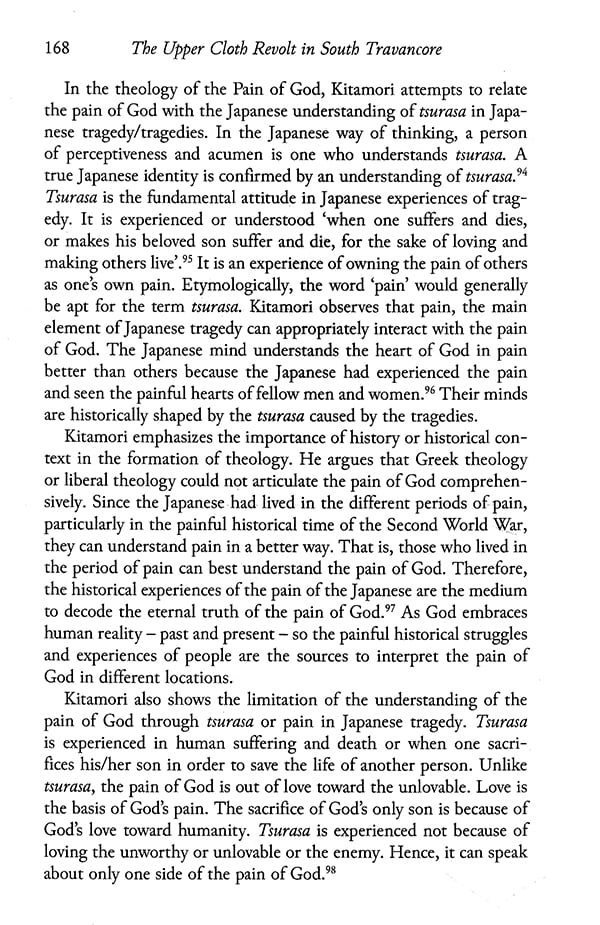
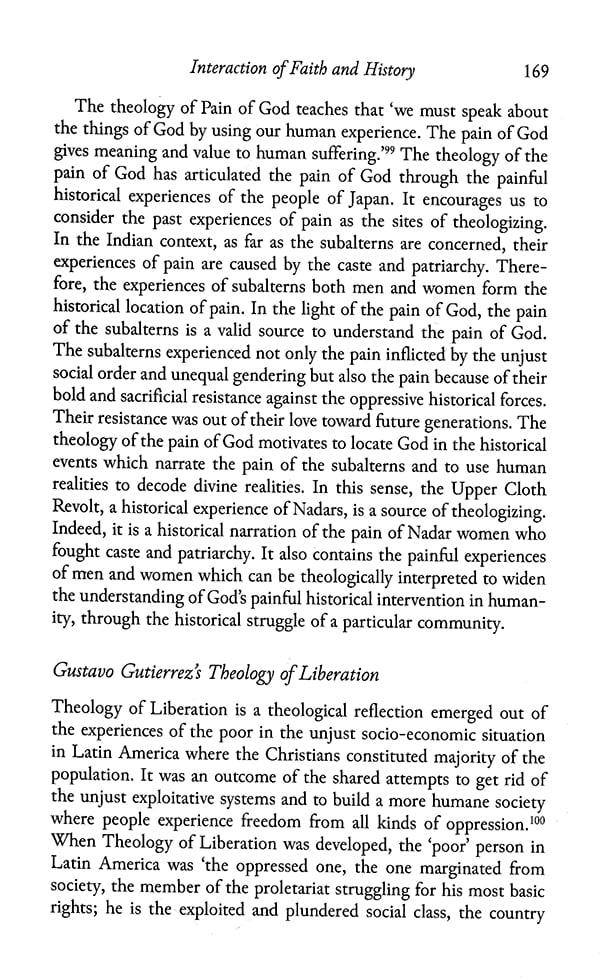
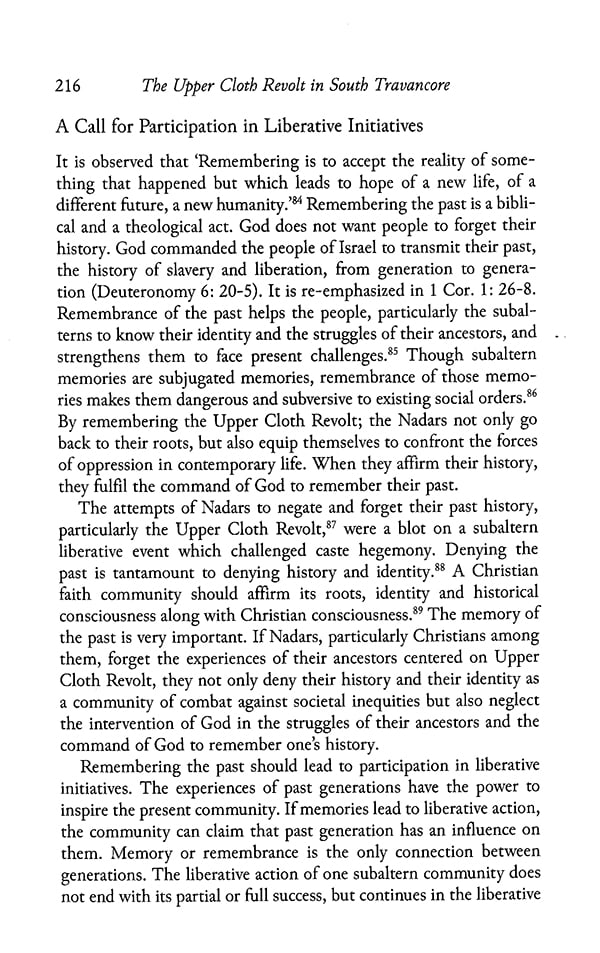
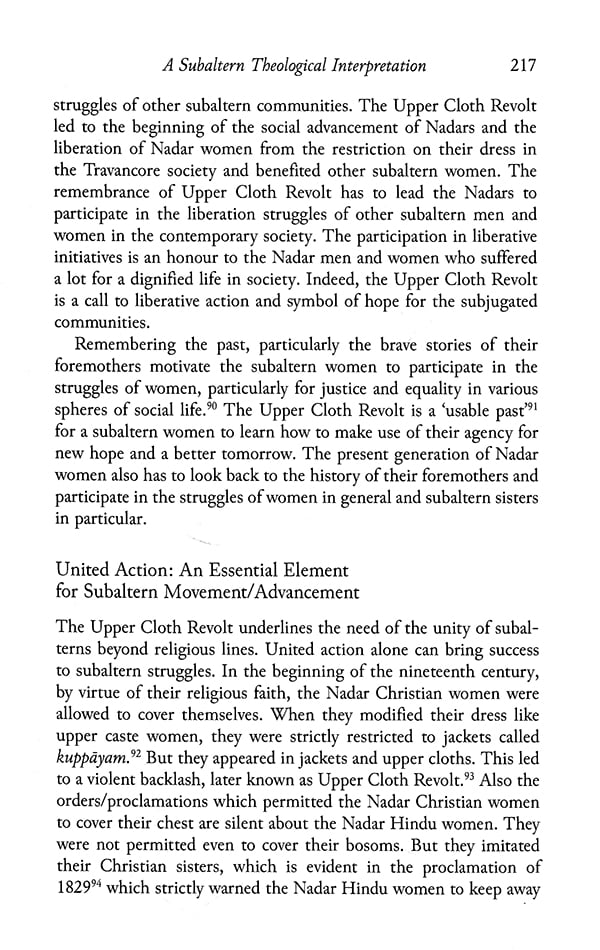
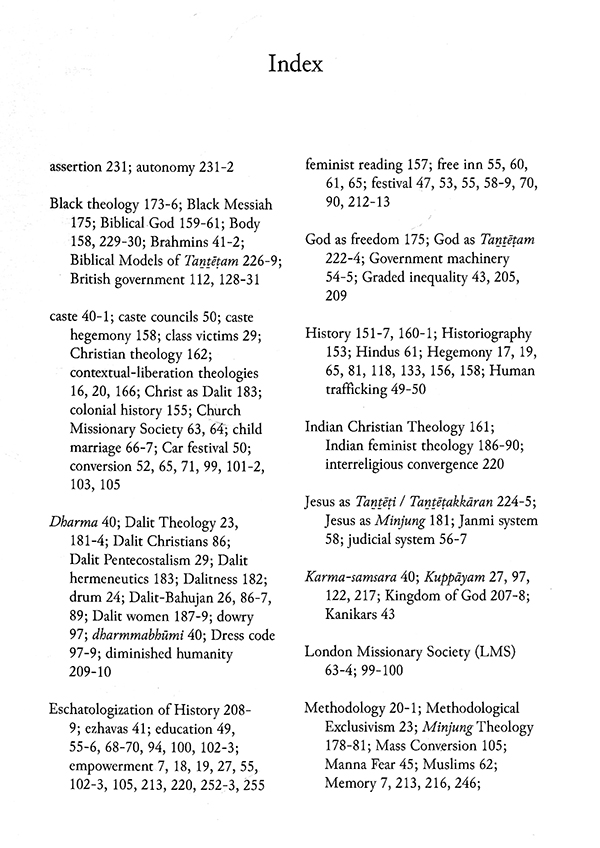
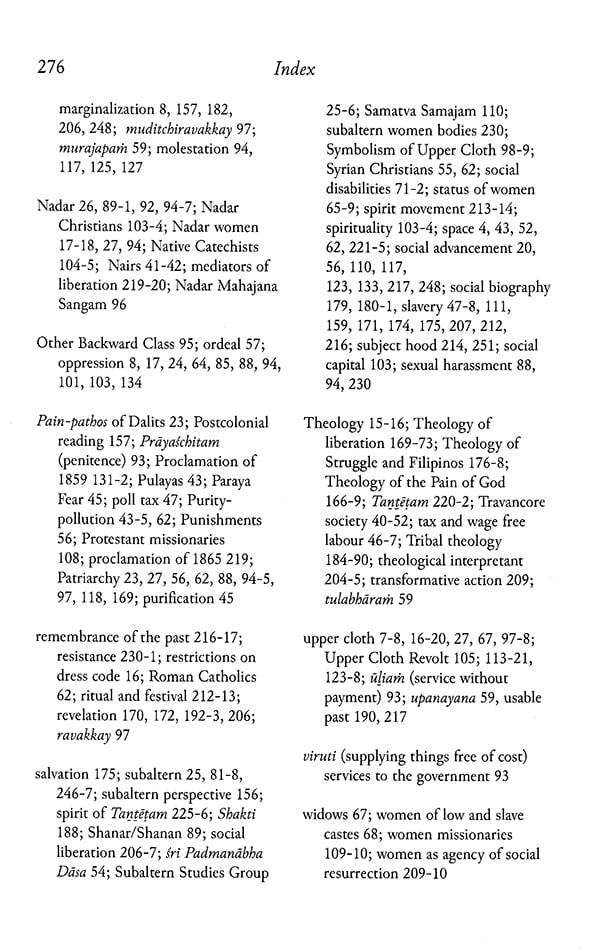
-
Q. What locations do you deliver to ?A. Exotic India delivers orders to all countries having diplomatic relations with India.
-
Q. Do you offer free shipping ?A. Exotic India offers free shipping on all orders of value of $30 USD or more.
-
Q. Can I return the book?A. All returns must be postmarked within seven (7) days of the delivery date. All returned items must be in new and unused condition, with all original tags and labels attached. To know more please view our return policy
-
Q. Do you offer express shipping ?A. Yes, we do have a chargeable express shipping facility available. You can select express shipping while checking out on the website.
-
Q. I accidentally entered wrong delivery address, can I change the address ?A. Delivery addresses can only be changed only incase the order has not been shipped yet. Incase of an address change, you can reach us at help@exoticindia.com
-
Q. How do I track my order ?A. You can track your orders simply entering your order number through here or through your past orders if you are signed in on the website.
-
Q. How can I cancel an order ?A. An order can only be cancelled if it has not been shipped. To cancel an order, kindly reach out to us through help@exoticindia.com.














